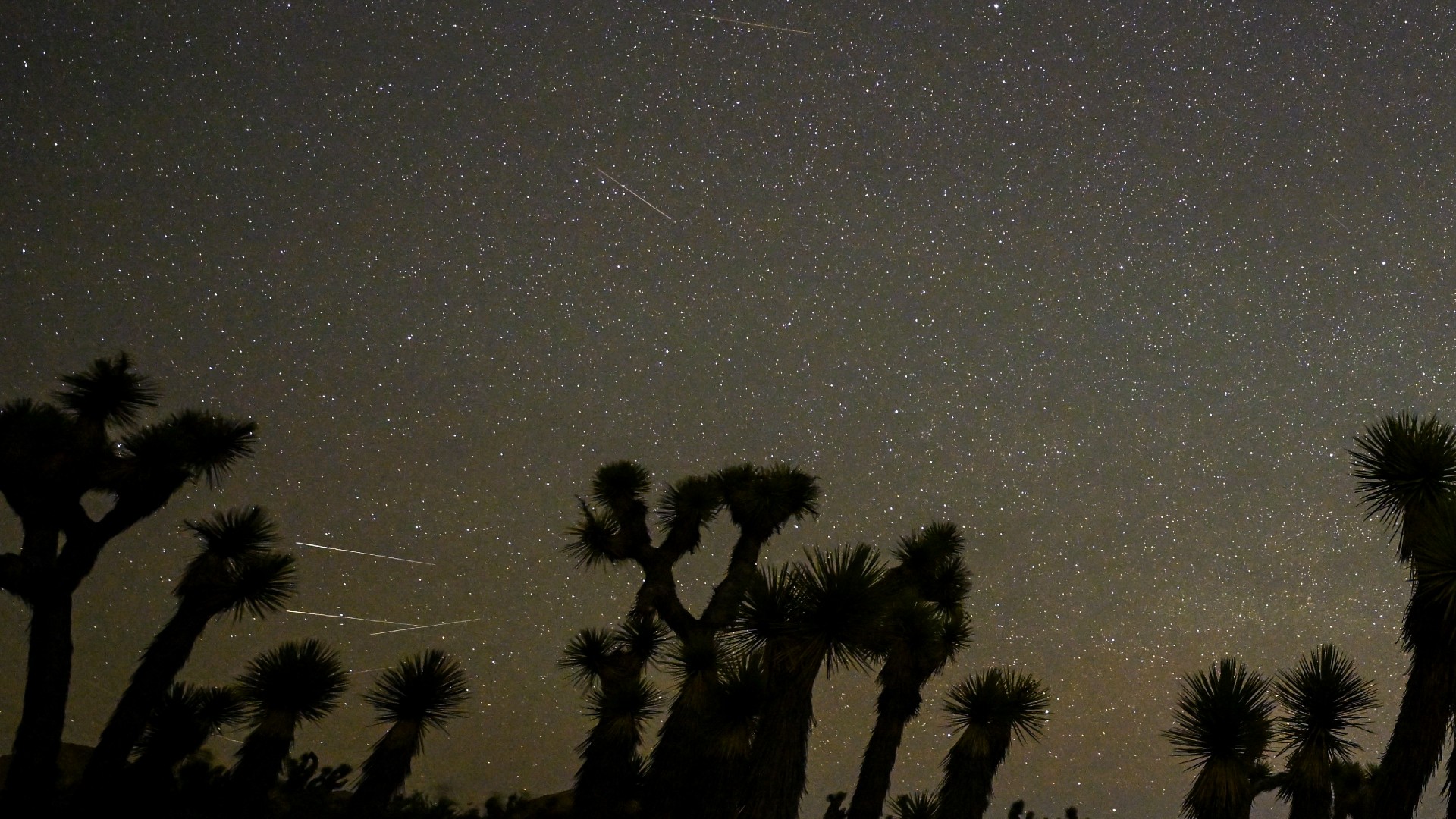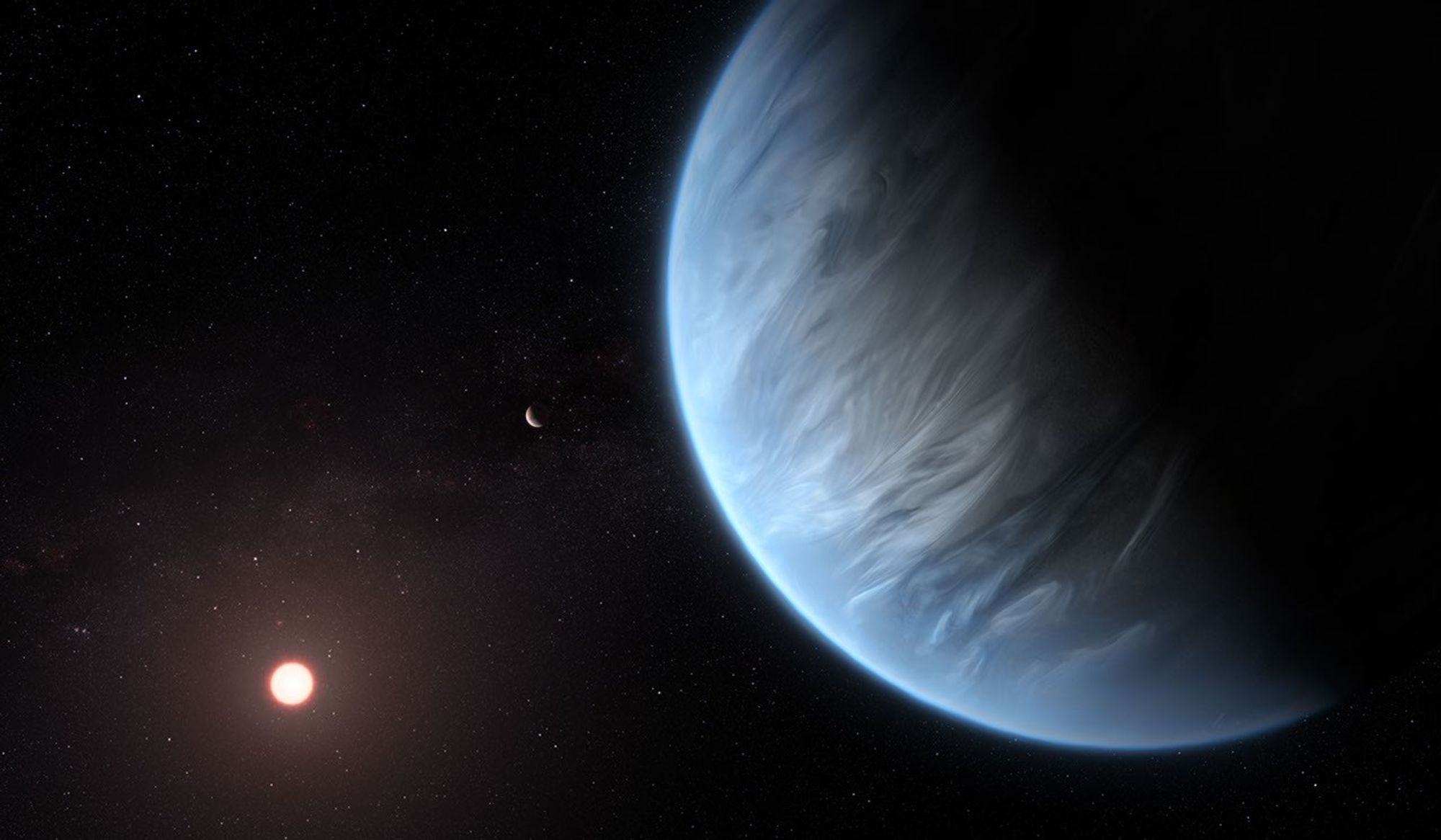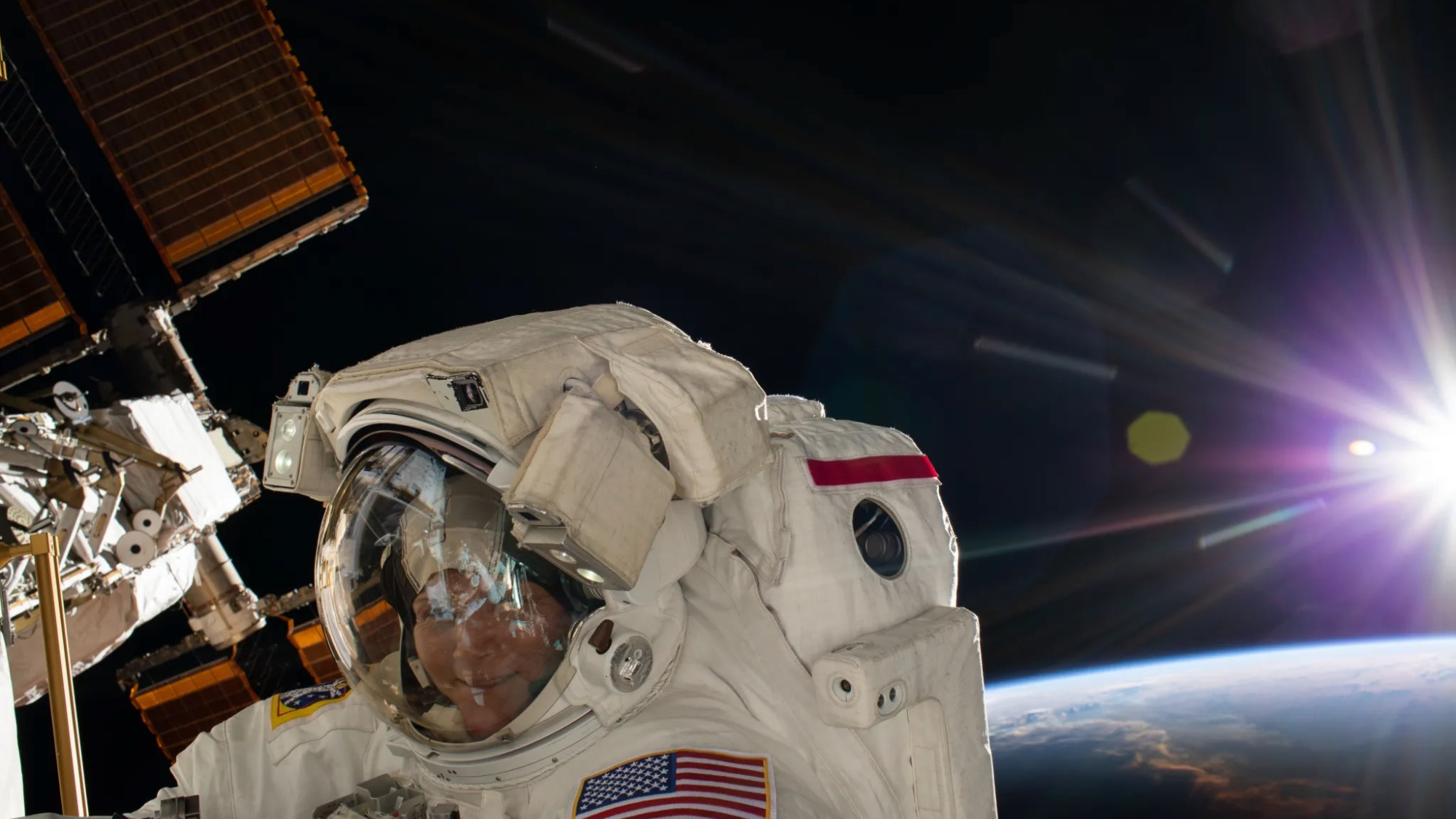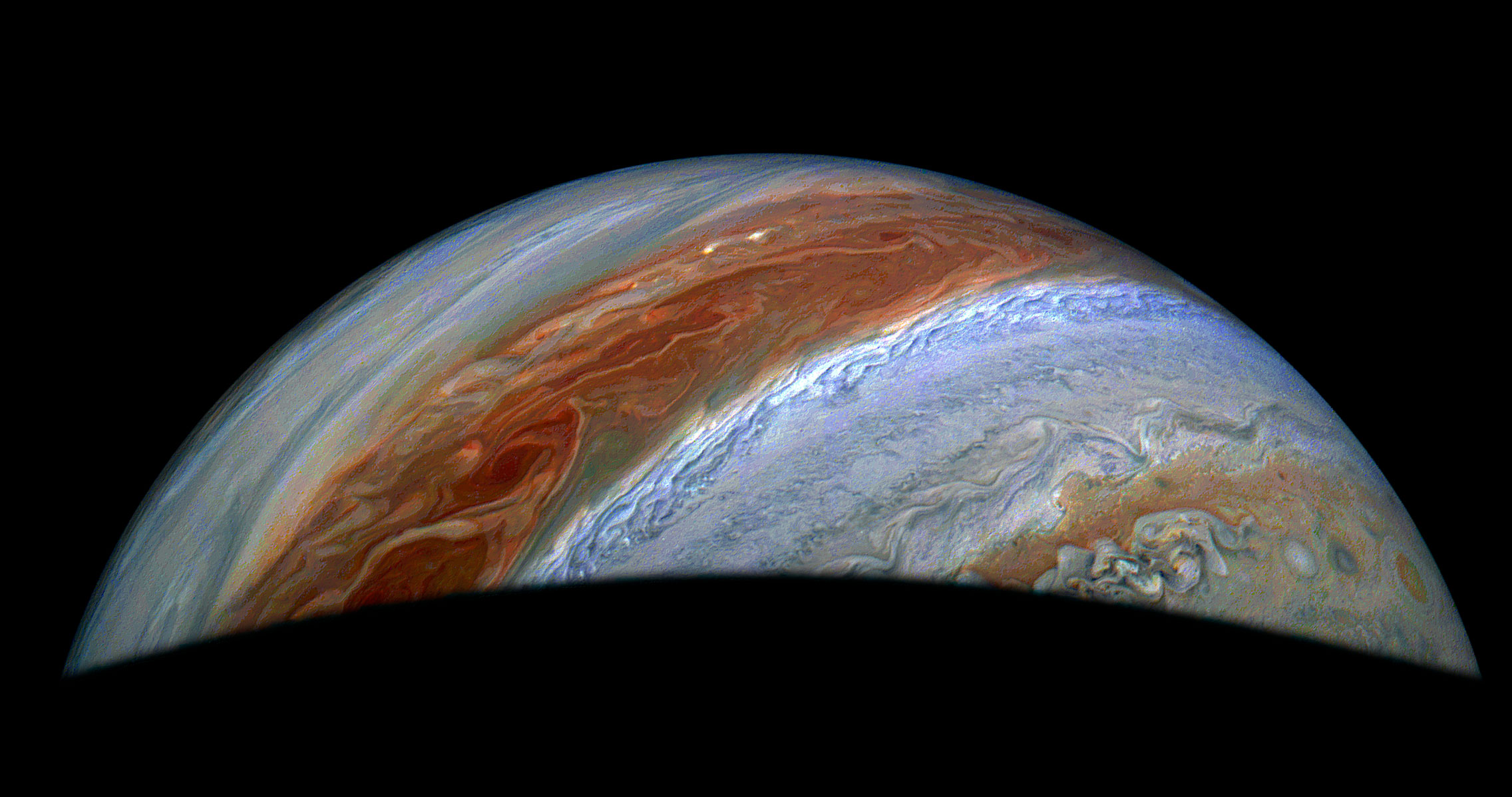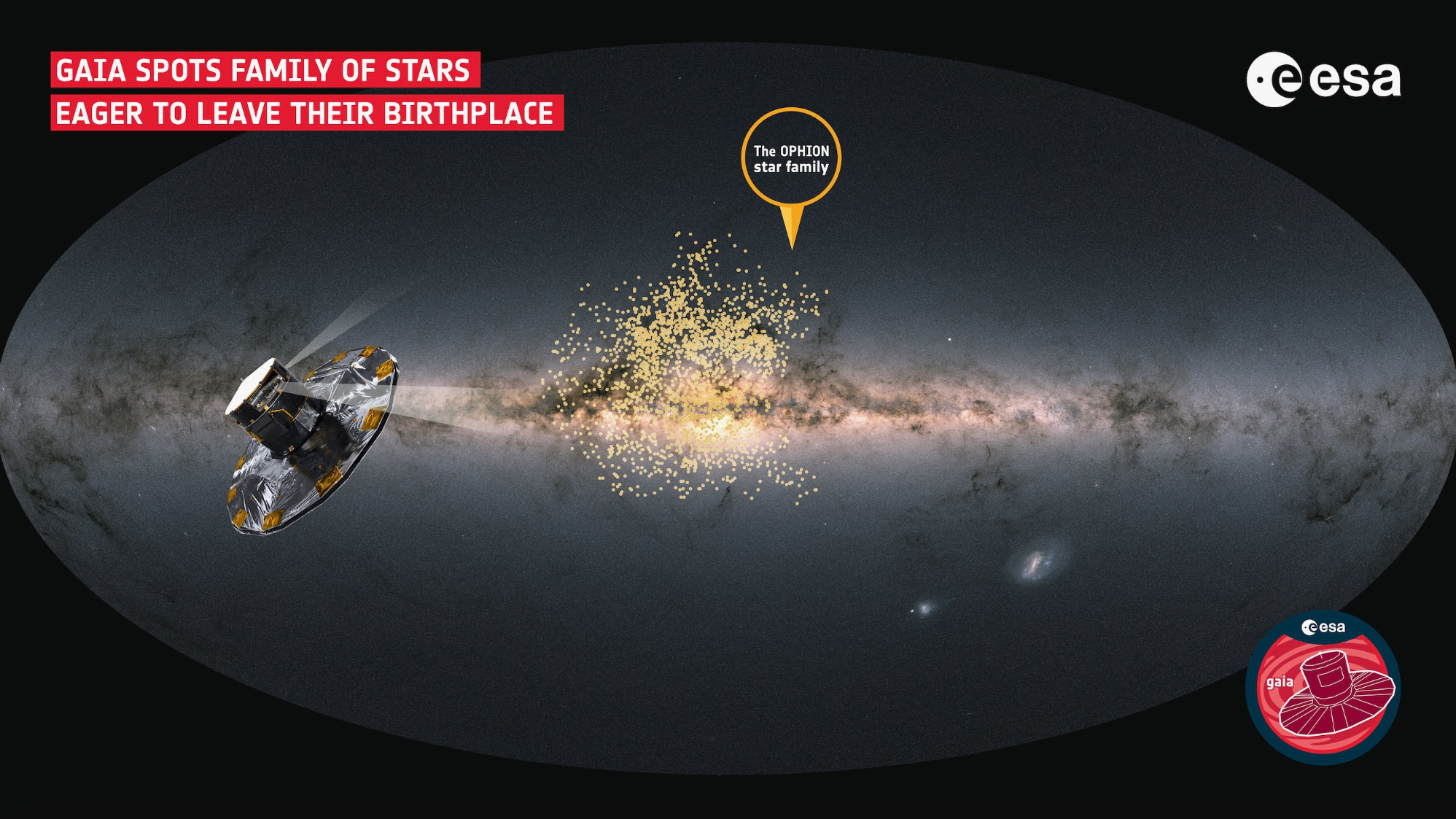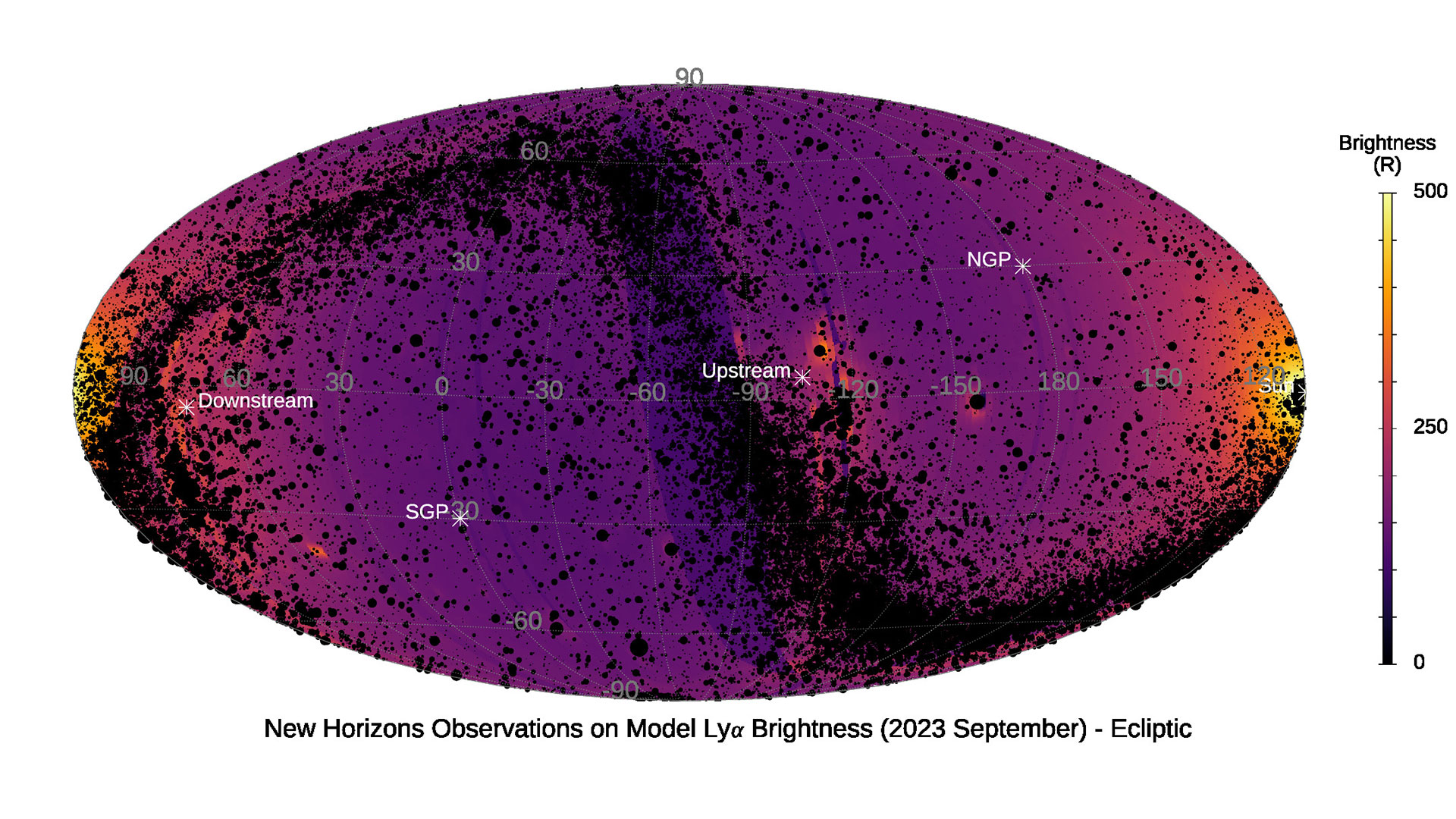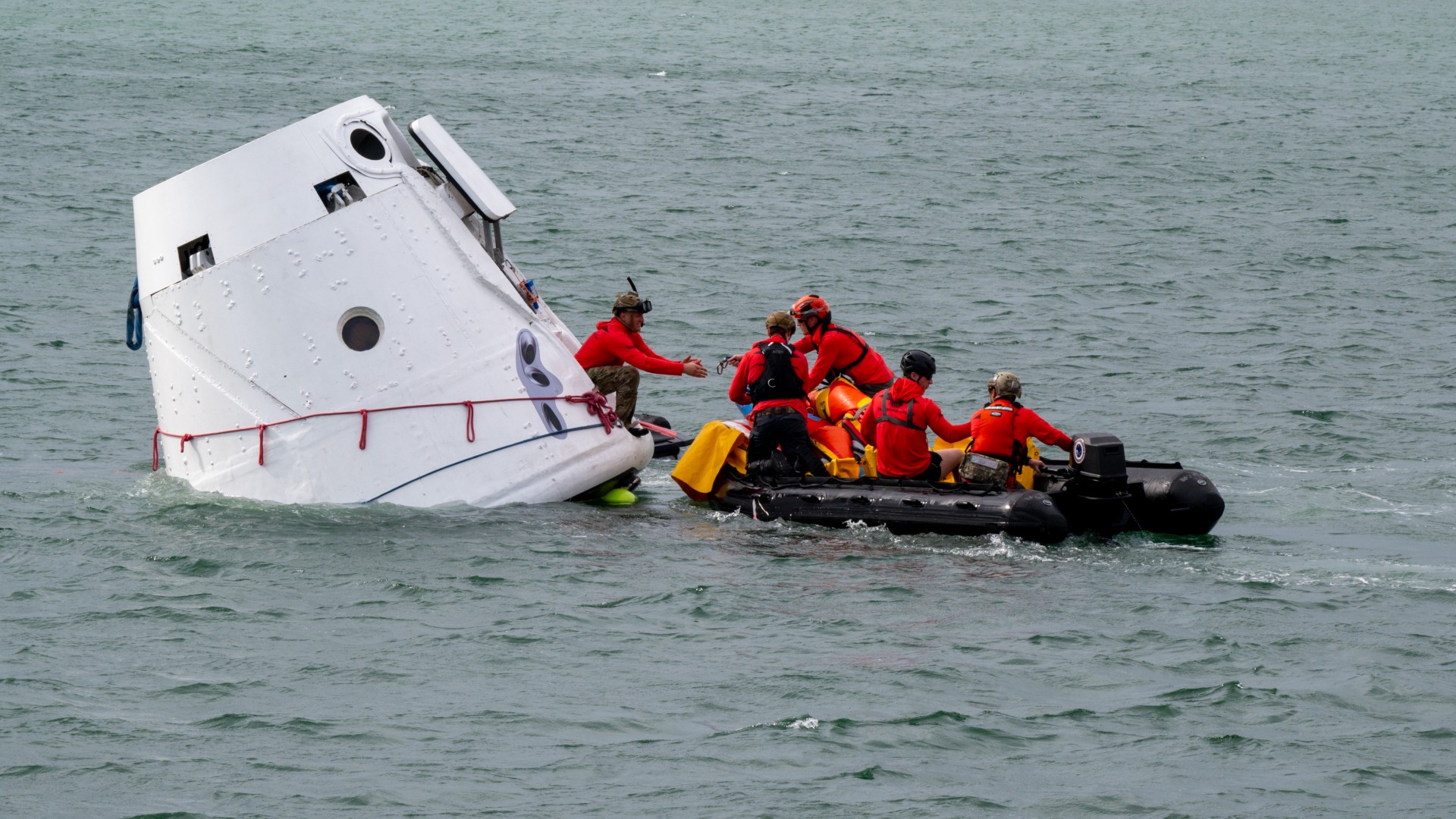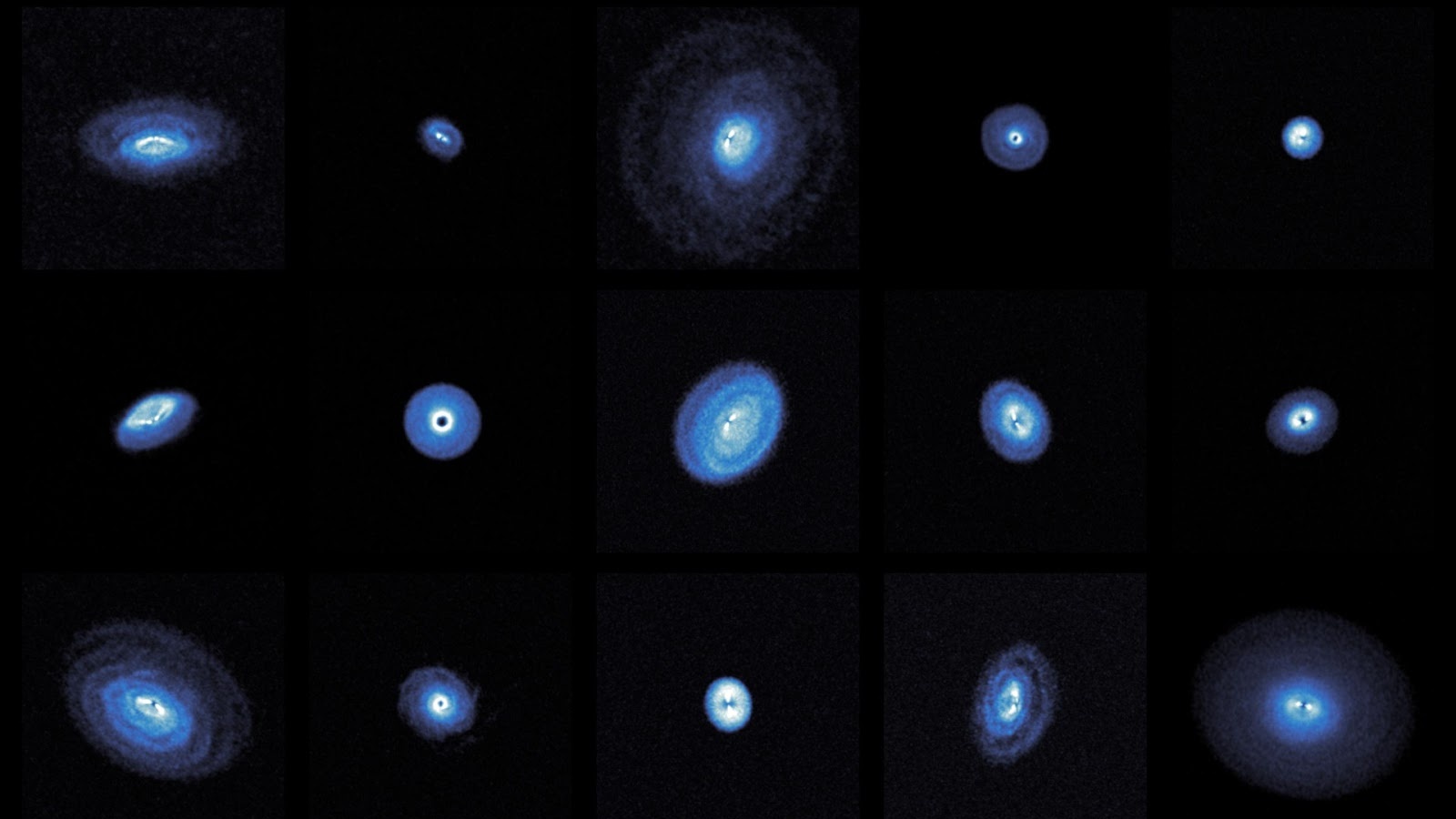Artemis 2 moon crew lands on 'The Late Show with Stephen Colbert' and 'Today'
The four astronauts are making the media rounds here on Earth.

The first astronaut crew set to visit the moon in over 50 years just made a few publicity pit stops on Earth.
NASA announced on Monday (April 3) that agency astronauts Reid Wiseman, Victor Glover and Christina Koch and Canada's Jeremy Hansen will fly the Artemis 2 mission, a round-the-moon flight scheduled to launch in November 2024.
The quartet landed on "The Late Show with Stephen Colbert" on Wednesday (April 5) and "The Today Show" on Thursday (April 6). During the visits, the team recalled their reactions to hearing they had been selected and shared more about Artemis 2, which will mark the first time a woman, a Canadian and a person of color travels to the moon.
Related: NASA's Artemis program: Everything you need to know
On the first day of the mission, the Artemis 2 crew will orbit Earth about 40,000 miles (64,373 kilometers) up to test their Orion spacecraft and onboard life support systems, after which they will kick-start their journey to the moon, NBC's Anna Kaplan reported on Thursday for "The Today Show."
"Right now, we're not scared at all. Like, that doesn't even intimidate us; we're just excited," Hansen said Thursday on "The Today Show," according to Kaplan. "This is the stuff that has inspired us all of our lives, and we just want to go. We're really excited to get going."
On "The Late Show," Colbert asked Wiseman, who in 2014 notched 165 days onboard the International Space Station (ISS), why humans are going back to the moon. "Because we want to see humans on Mars," replied the astronaut, who will command the Artemis 2 mission.
Get the Space.com Newsletter
Breaking space news, the latest updates on rocket launches, skywatching events and more!
Wiseman added that living and working on the ISS has been the first real step in understanding how humans function beyond Earth. The Artemis program, which aims to establish a long-term human presence on and around the moon, will extend that knowledge considerably, if all goes according to plan.
Hansen credited NASA leadership for selecting his country to be part of the mission and nurturing a global partnership that "lifts us up and allows us to bring our genius in," he said on "The Late Show."
"It is not lost on anyone in Canada that, if the United States wanted to go to the moon again, they don't need Canada to do it," Hansen said. "It was a deliberate decision, because they're thinking big."
Hansen, who will be going into space for the first time on Artemis 2, spoke of the things he will learn from the rest of his experienced team. While some aspects of the mission will be a first for the entire team, like flying Orion, Hansen said a few things are passed down from astronauts like "the secret handshake." Chief among them is managing bodily functions in the low-gravity, congested space high above Earth.
"Because you get that wrong in space, and you don't have any more friends on board anymore," Hansen joked on "The Late Show."
Christina Koch, who spent 328 days aloft on her first trip to ISS — the longest continuous time in space ever spent by a woman — said Earth "is absolutely gorgeous" when seen from space.
She spoke about "the overview effect," a term used to explain a person's cognitive shift or change in awareness when Earth is seen from outer space, which begins 62 miles (100 km) above the planet's surface.
Astronauts who spend time on the ISS, whose orbit lies at about 250 miles (400 km) up, often cite the overview effect as being life changing, in that one cannot see political or religious boundaries from up there. "All you see is Earth, and you see that we are way more alike than we are different," Koch said Wednesday on "The Late Show."
When asked when the Artemis 2 mission will fly, the mission's commander Wiseman said the exact date has not been determined yet.
"We are going to fly when the crew is ready, when NASA is ready and the vehicle is ready," he said.
Follow Sharmila Kuthunur on Twitter @Sharmilakg. Follow us on Twitter @Spacedotcom or Facebook.
Join our Space Forums to keep talking space on the latest missions, night sky and more! And if you have a news tip, correction or comment, let us know at: community@space.com.
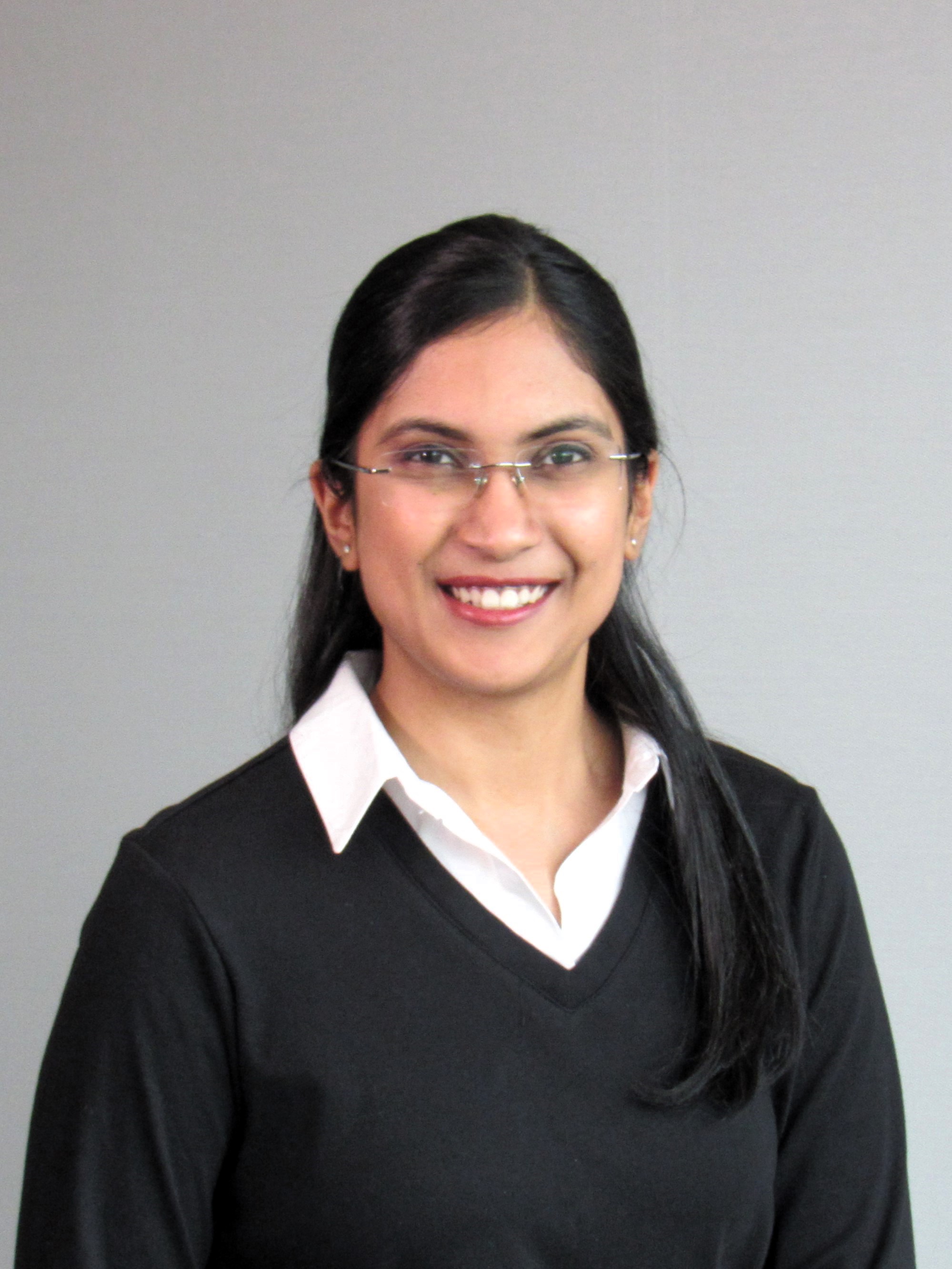
Sharmila Kuthunur is a Seattle-based science journalist focusing on astronomy and space exploration. Her work has also appeared in Scientific American, Astronomy and Live Science, among other publications. She has earned a master's degree in journalism from Northeastern University in Boston. Follow her on BlueSky @skuthunur.bsky.social
